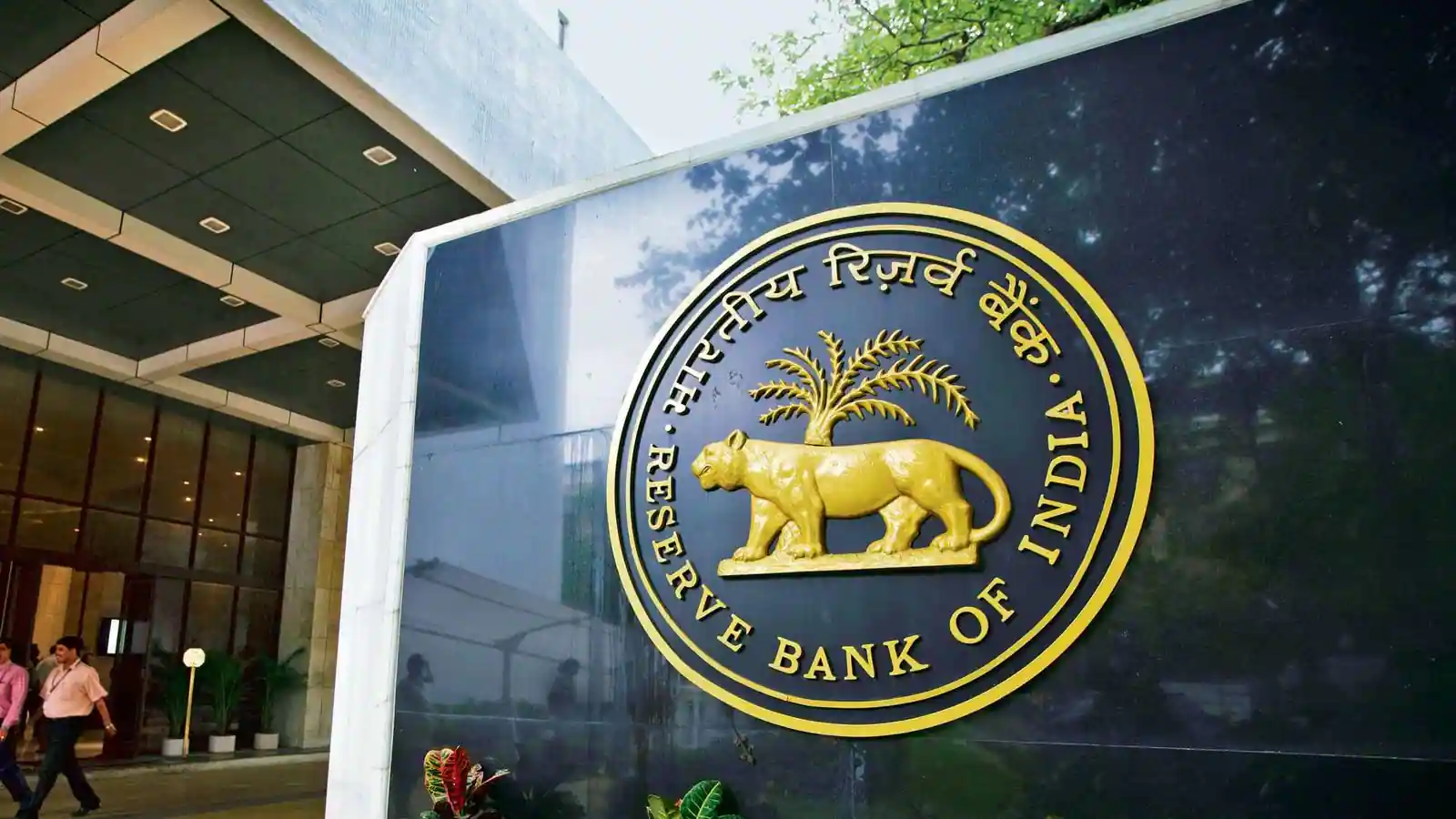Introduction
Delegates from various financial institutions, guest speakers and colleagues from CAFRAL, a very good morning to all. At the outset, let me thank CAFRAL for hosting this learning program. The lingering COVID-19 pandemic and the potential economic disruptions due to the latest geo-political events in Europe have again brought to the fore the reality that the nature and frequency of risks faced by the financial system of today are quite unparallel and unpredictable. Also, the banking sector today is much different from what it was a decade ago and is constantly
evolving.
While the Reserve Bank is deploying various tools at its disposal to maintain the stability of the financial system, individual financial institutions, more specifically the banks, need to be watchful of the economic impact of such risk events and take adequate measures to maintain their resilience. In this regard, it is important to recognise the inter-linkages between quality of governance and resilience of financial institutions. Even as highquality governance enhances resilience, poor corporate governance is a source of risk to the financial institutions as well as to the financial system.
Corporate Governance
While good corporate governance is essential for all institutions, the governance structure and processes of the banks are expected to be even more robust. Banks and financial institutions are different from other business entities in many
ways. Their business model is very different from other business entities, enjoy high leverage as they can raise substantial amount of uncollateralised deposits, and perform the function of liquidity and maturity transformation. Hence, the governance structures and practices in the banks should prioritise protection of the interests of their depositors.
Oversight and Assurance Functions
With the growth in size and complexity of the financial institutions, there is an increased focus on adequacy of the
governance framework for identifying, addressing and managing risk. Towards this, the ‘three lines of defense’ have pivotal responsibilities: i) ‘the business functions’ which are the risk takers and owners of the risk, (first line of defense) have the responsibility of managing the risk generated by virtue of their day-to-day business activities; ii) the ‘risk management function’ and the ‘compliance function’ (second line of defense) have the responsibility of exercising oversight on the business functions to ensure that their activities are within the risk and compliance policies of the bank; and iii) the ‘internal audit function’ (third line of defense) has the responsibility of identifying gaps from prescribed requirements and reporting to the Board / Audit Committee of the Board. Collectively, these three functions have to provide assurance to the Board / senior management about the adequacy and effectiveness of the governance framework and that the Board approved policies and business strategies are adhered to by the financial entity in conduct of its business.
To Read More….
Click the link below….
